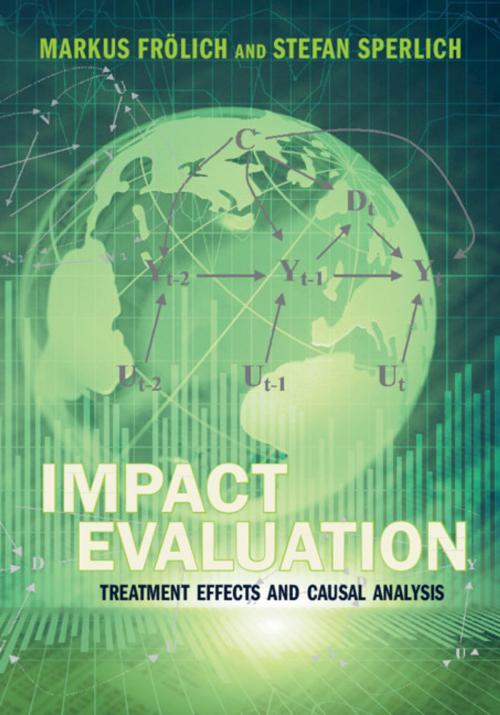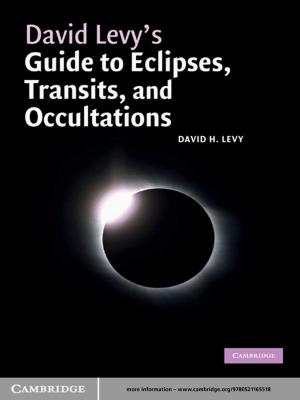Impact Evaluation
Treatment Effects and Causal Analysis
Business & Finance, Economics, Econometrics, Statistics| Author: | Markus Frölich, Stefan Sperlich | ISBN: | 9781108652414 |
| Publisher: | Cambridge University Press | Publication: | March 21, 2019 |
| Imprint: | Cambridge University Press | Language: | English |
| Author: | Markus Frölich, Stefan Sperlich |
| ISBN: | 9781108652414 |
| Publisher: | Cambridge University Press |
| Publication: | March 21, 2019 |
| Imprint: | Cambridge University Press |
| Language: | English |
In recent years, interest in rigorous impact evaluation has grown tremendously in policy-making, economics, public health, social sciences and international relations. Evidence-based policy-making has become a recurring theme in public policy, alongside greater demands for accountability in public policies and public spending, and requests for independent and rigorous impact evaluations for policy evidence. Frölich and Sperlich offer a comprehensive and up-to-date approach to quantitative impact evaluation analysis, also known as causal inference or treatment effect analysis, illustrating the main approaches for identification and estimation: experimental studies, randomization inference and randomized control trials (RCTs), matching and propensity score matching and weighting, instrumental variable estimation, difference-in-differences, regression discontinuity designs, quantile treatment effects, and evaluation of dynamic treatments. The book is designed for economics graduate courses but can also serve as a manual for professionals in research institutes, governments, and international organizations, evaluating the impact of a wide range of public policies in health, environment, transport and economic development.
In recent years, interest in rigorous impact evaluation has grown tremendously in policy-making, economics, public health, social sciences and international relations. Evidence-based policy-making has become a recurring theme in public policy, alongside greater demands for accountability in public policies and public spending, and requests for independent and rigorous impact evaluations for policy evidence. Frölich and Sperlich offer a comprehensive and up-to-date approach to quantitative impact evaluation analysis, also known as causal inference or treatment effect analysis, illustrating the main approaches for identification and estimation: experimental studies, randomization inference and randomized control trials (RCTs), matching and propensity score matching and weighting, instrumental variable estimation, difference-in-differences, regression discontinuity designs, quantile treatment effects, and evaluation of dynamic treatments. The book is designed for economics graduate courses but can also serve as a manual for professionals in research institutes, governments, and international organizations, evaluating the impact of a wide range of public policies in health, environment, transport and economic development.















